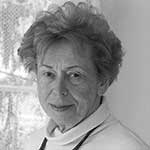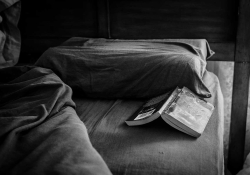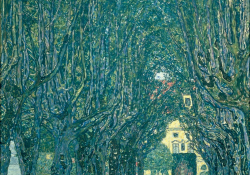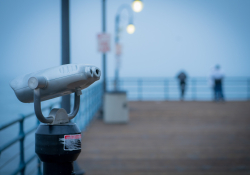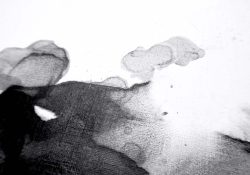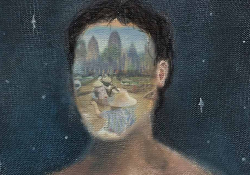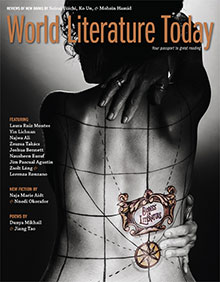Two Poems
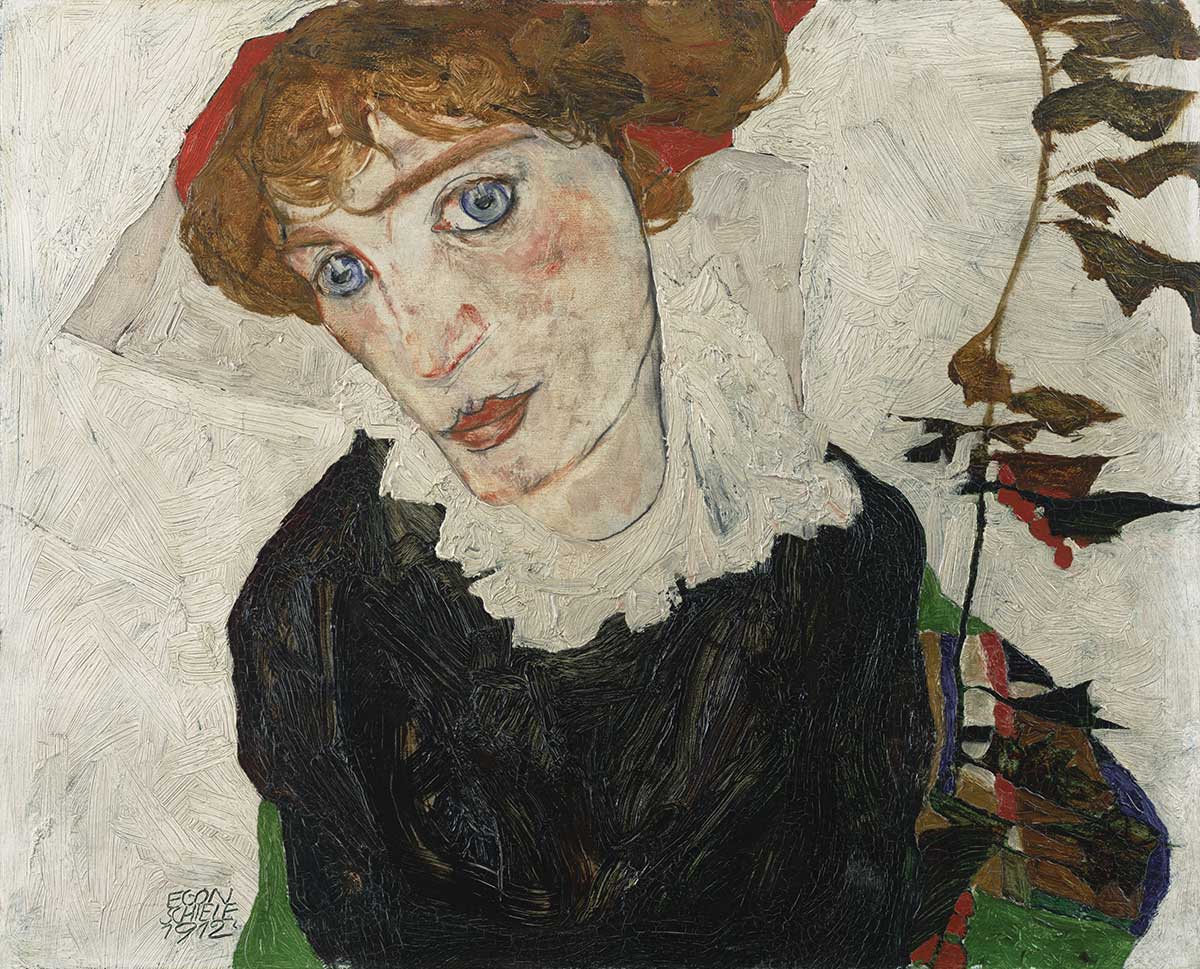
On Vision
Wally Neuzil to Schiele
Vision is God’s gift but to me it seems it was not
given. All I see is you. This must be the devil’s
last offering to me. Yesterday I managed
to get into your house as far as the marble
staircase but they dragged me out: Fräulein,
where are you going? Do leave at once! A man
stuck out his head at the racket, it’s you I hoped
you’d rush to gather me up but it was someone
else. Love is compulsive instinct, you used to say.
I would have recognized your brown eyes, their green.
Do you remember our Neulengbach landlord? Guess,
he kicked me out, told me to find another painter.
Do you remember the draught from the windows
and how cold I used to get in my black
stockings? Our polka-dotted cup, the bread crumbs
slowly drowning in the hot bread soup?
I imagine you embrace me, your other
hand pushes the paint tubes on the floor.
The girl-child with the big mane, your model was
one half-crown dearer to you than a prostitute.
The other day you set an anthill on fire
in the park to show me the burning of Troy
so they banished us from all public gardens.
I thought the ban touched us both but
it seems I’m wrong again. This one’s a sure
suicide, the man in dungarees walking
by me told his mate when I strolled into
Praterstrasse. Trust me, I live by the river,
I have an eye for ’em. Then the winter boughs
lassoed back and held me in my place.
You are walking with your wife in Paradise
where I cannot follow. Still, for one last time
I will sit for you. Wally in wet clothes
sticking to her bare skin will be
your most scandalous work yet. Of all the
Viennese girls I will be as you always
wanted me to be: the most naked.
All I wanted to tell you is, I’m finished,
it shows from a mile. Everyone sees that
except for you who are the painter of death.
p.s.
I lied to you. That story about
roast ants and Eden in flames
was Kokoschka’s doing, he wanted
to impress a girl. You never noticed me.
Do you remember that I, too, have lived?
Masters Whose Doorsteps
Masters whose doorsteps I approached in rapture
and awe before ringing the doorbell
that gave a ululant screech like a siren.
A seedy woman let me in the ballroom flooded
in chandelier light: the landlady, just reading
the gas meter, writing in her chequered notebook,
she kindly showed me the way strewn with roses.
I knocked; something stirred inside. At the fatigued
Come in!, I pushed the copper doorknob
but a protruding nail ripped the skin on my hand.
I was given coffee, hot and undrinkably strong.
In a soiled mug by the cup there was sugar
turned to stone; they insisted I take some, but no spoon
was in sight. Stranded, I dug my fingers
into the fossil: they watched me, mortified.
That instant I saw the aluminum teaspoon half-
hidden under the lace coverlet. I made to apologize:
“I thought it was part of the pattern.”
I stirred the dark potion for a while, but at the first
sip I dropped the red-hot alt-wien cup
back into its cracked alt-wien saucer.
They slurped the flame-hot beverage with closed eyes.
The muse was chain-smoking, her teeth spotted
and yellowish like the fusiliers’ torch-lit
cloak on Rembrandt’s Night Watch.
The host’s dark eyes scanned me from head to toe,
halting on my bleeding hand. His lips curled into a smile.
I stood (sat) his gaze like one struck by lightning.
I noticed he was wearing white summer gloves
and knew at once it was for poetry’s stigmata.
Translations from the Hungarian
By Erika Mihálycsa
Editorial note: From Tiltott nyelv (Forbidden tongue), 2013.
